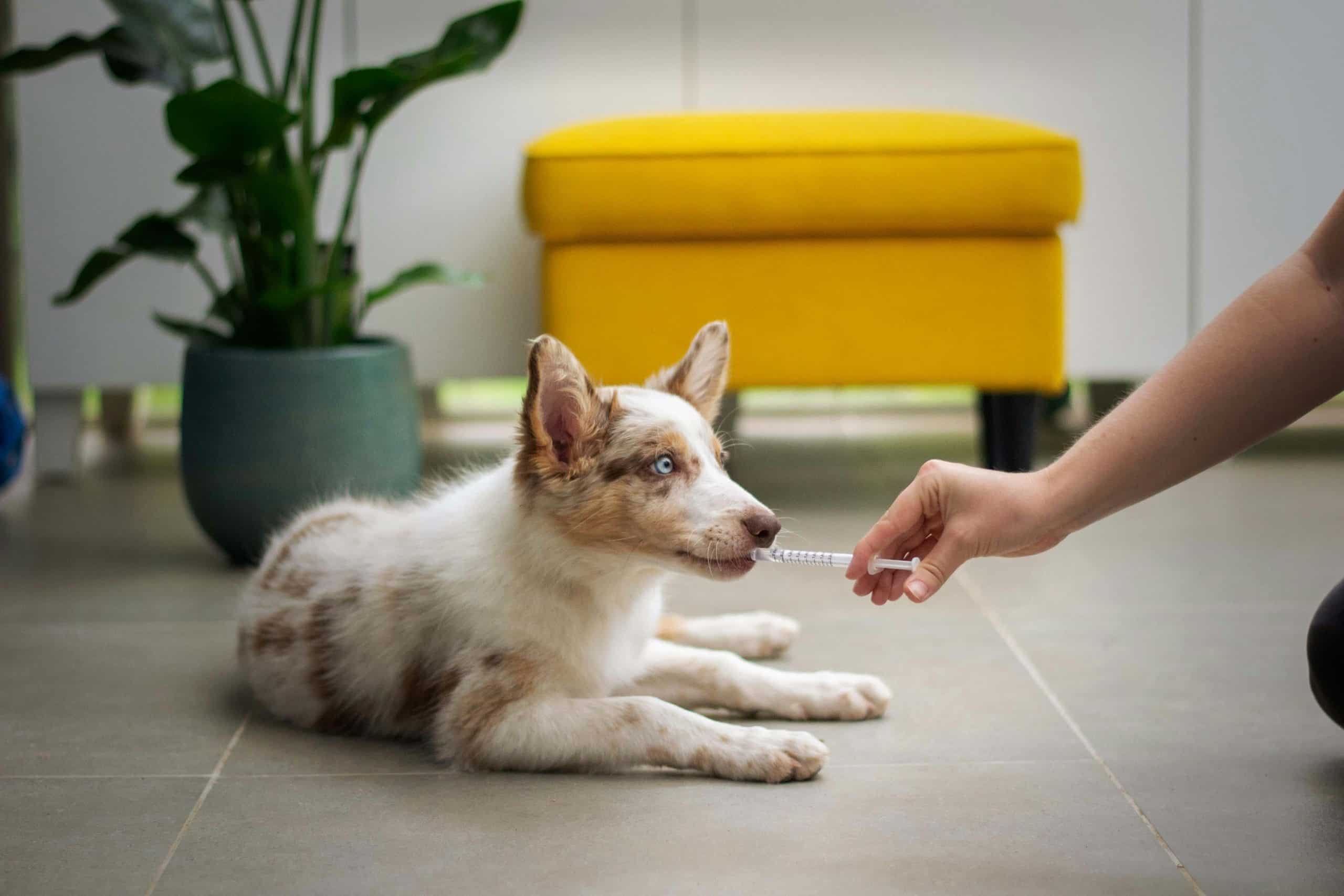As a pet owner, ensuring the health and wellness of your furry friend is likely at the top of your priority list. Pets, much like people, require regular health check-ups and vaccinations to maintain a healthy lifestyle and prevent disease. Regular visits to the vet are crucial, yet it might seem overwhelming when considering the frequency and types of vaccines your pet needs. In this article, we’ll guide you on how to create a routine for regular check-ups and vaccinations for your pet, ensuring they live a long and healthy life.
Understanding the Importance of Regular Check-Ups
First things first, understanding the importance of regular health check-ups for your pet is crucial. Much like us humans, pets can also fall prey to sudden health issues that can rapidly escalate if left unattended. By arranging regular check-ups with a certified veterinarian, you can ensure that any potential health risks are identified and addressed immediately.
Dans le meme genre : What Are the Best Strategies for Managing a Pet’s Seasonal Mood Changes?
Regular check-ups typically involve a physical examination where the vet will check your pet’s overall health condition. They’ll check the pet’s body for any unusual bumps or swelling, inspect their eyes and ears for signs of infection, and listen to their heart and lungs. Additionally, these check-ups are an excellent opportunity for you to discuss any behavioral changes or concerns you may have about your pet.
Establishing a Vaccination Schedule
Vaccines play a vital role in protecting your pets from various diseases. When a vaccine is administered, it prepares your pet’s immune system to fight off future invasions of the disease. However, understanding what vaccines are necessary and when they should be given can be a little complex.
Lire également : What Are the Best Non-Toxic Cleaning Products Safe for Pets?
For dogs, core vaccines include rabies, distemper, parvovirus, and canine hepatitis. Whereas, for cats, the core vaccines are feline panleukopenia (distemper), feline viral rhinotracheitis, feline calicivirus, and rabies.
Puppies and kittens require a series of vaccinations in the first year of their life. Puppies should receive their first round of vaccines at 6-8 weeks of age, followed by boosters every three to four weeks until they reach 16 weeks old. Kittens should start their vaccines at 8 weeks old, with booster shots every three to four weeks until they reach 16 weeks old.
Adult dogs and cats, on the other hand, may require booster shots annually or every three years, depending on the disease and vaccine type.
Choosing the Right Vet
Choosing the right vet for your pet is just as important as deciding on a vaccination schedule. You’ll want to find a veterinarian you feel comfortable with and who is knowledgeable about your type of pet.
It’s recommended to find a vet who specializes in your pet’s species. For instance, some vets are experts in dogs’ health, while others specialize in feline health. It’s also essential to consider the proximity of the vet clinic to your home. In an emergency, you want to make sure you can get your pet the medical attention they need quickly.
Keeping Track of Your Pet’s Health
With a routine in place for regular check-ups and vaccinations, it’s equally important to keep track of your pet’s health at home. Observing any changes in your pet’s behavior, appetite, or energy levels can provide early signs of potential health issues.
There are several pet health apps available that can help you track your pet’s health and maintain their vaccination schedule. These apps can remind you when it’s time for your pet’s next check-up or vaccine, making it easier for you to stay on top of their health care.
Nurturing a Healthy Lifestyle
While regular visits to the vet and maintaining up-to-date vaccinations are crucial, nurturing a healthy lifestyle for your pet is equally important. Feeding them a balanced diet, ensuring they get regular exercise, and providing them with plenty of love and attention can significantly contribute to their wellness.
Remember, your pet relies on you for their care and well-being. By creating and adhering to a routine for regular veterinary check-ups and vaccinations, you’re taking a proactive approach to their health, ensuring they’ll be by your side for many years to come.
Preparing for Your Vet Visits
Planning and preparing for your vet visits are vital steps in ensuring a smooth routine for regular check-ups and vaccinations for your pet. It helps if you carry a list of queries or concerns about your pet while heading to the vet. Your vet will appreciate your proactive approach, and your furry friend will benefit from it.
A well-prepared pet owner is one who knows their pet’s normal behavior, diet, and exercise routine. Any noticeable changes, such as loss of appetite, lethargy, or unusual behavior, should be discussed with the vet. The vet will also be interested to know about your pet’s environment, diet, and any travel history in recent times.
Before going for vaccinations, it’s crucial to ensure your pet is healthy. Vaccines should not be administered to pets who are sick, have a fever, or have a weak immune system. If you notice any signs of illness, inform your vet immediately. Don’t forget, it’s not just about keeping your pet healthy; it’s also about preventing the spread of disease to other pets at the vet’s office.
In addition, you should keep a record of all your pet’s previous vaccinations and treatments. Your vet will need this information to determine the appropriate vaccines and treatment plan for your pet. Certain core vaccines like the ones for rabies or distemper are mandated by law and need to be given at regular intervals.
Responding to Health Problems
Even with regular check-ups and vaccinations, there might be times when your pet becomes unwell. In such instances, knowing how to respond promptly can be a lifesaver.
If your pet displays symptoms like vomiting, diarrhea, lethargy, loss of appetite, or unusual behavior for more than 24 hours, it’s time to consult your vet. Never attempt to self-diagnose or self-medicate your pet. Certain medications, safe for humans, can be dangerous for pets.
In case of a serious health problem, your vet might refer your pet to a specialist or an emergency pet hospital. In such cases, it’s crucial to follow the vet’s advice and get immediate medical attention for your pet.
Pets can’t tell us when they’re not feeling well, but they can show us through their behavior. Being aware of your pet’s normal behavior, and being able to recognize any changes, is an essential part of being a responsible pet owner.
Conclusion
Taking care of a pet is a big responsibility that requires time, effort, and a lot of love. Regular vet visits, core vaccines, and preventive care can go a long way in ensuring your pet’s health and longevity. However, the key to a happy and healthy pet is not just regular check-ups and vaccinations, but a well-rounded approach that includes good nutrition, regular exercise, and plenty of love and care. By following the guidelines mentioned in this article, you can ensure that your furry friend stays healthy, happy, and by your side for many years to come.











